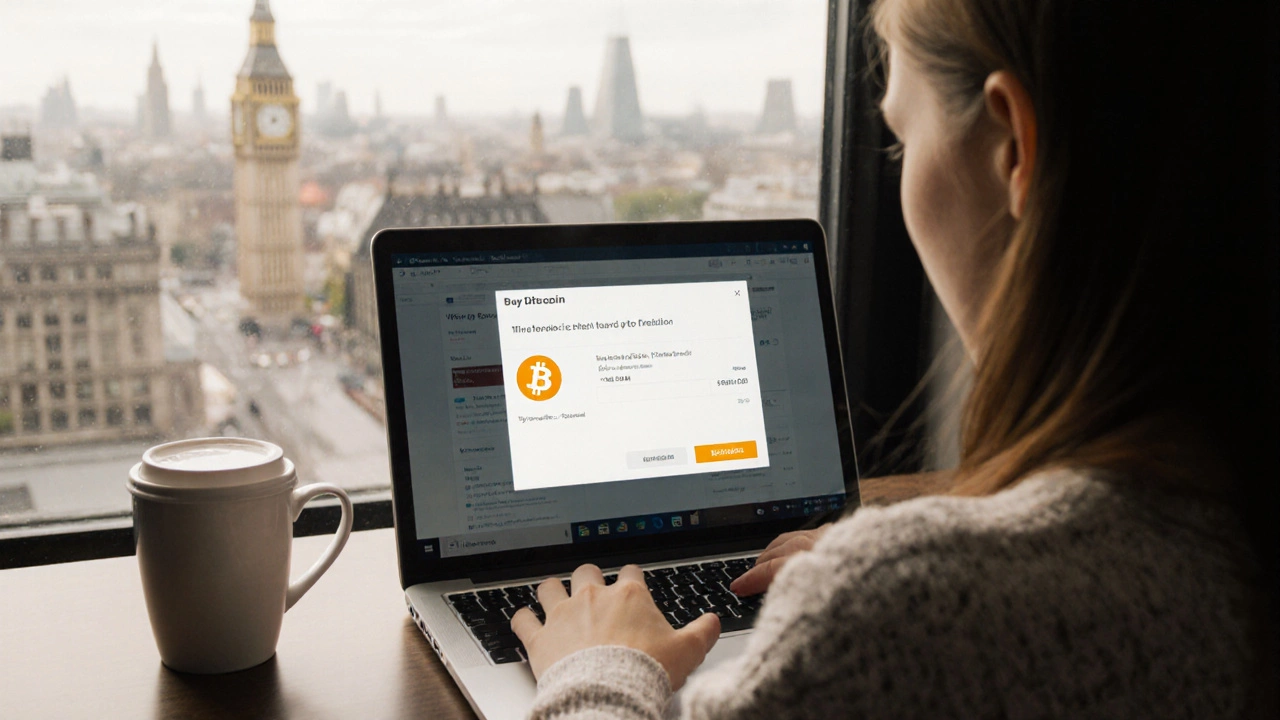Cryptocurrency Exchange: How It Works and What You Need to Know
When you buy cryptocurrency exchange, a digital platform where people trade Bitcoin, Ethereum, and other coins. Also known as crypto trading platform, it’s not a bank—it’s more like a marketplace where you swap money for digital assets, and vice versa. Unlike traditional banks, these exchanges don’t hold your money for you. They give you access to the network so you can move coins around—whether you’re buying your first Bitcoin or trading altcoins daily.
Behind every cryptocurrency exchange, a digital platform where people trade Bitcoin, Ethereum, and other coins. Also known as crypto trading platform, it’s not a bank—it’s more like a marketplace where you swap money for digital assets, and vice versa. is a digital wallet, a secure place to store your crypto, either on the exchange or offline. Also known as crypto wallet, it’s where your coins live after you buy them—unless you leave them on the exchange, which isn’t always safe. Many beginners think keeping crypto on the exchange is fine, but that’s like leaving cash in a public park. The exchange holds the keys. If it gets hacked, you lose everything. That’s why smart users move coins to their own wallets after buying. And if you’re trading often, you need to understand Bitcoin, the first and most widely used cryptocurrency, often used as a benchmark for other coins. Also known as BTC, it’s the foundation of most crypto markets. and Ethereum, a blockchain platform that supports smart contracts and decentralized apps, not just a currency. Also known as ETH, it powers many of the tools and tokens you’ll encounter.. Bitcoin is the heavyweight champ. Ethereum is the engine behind most new crypto projects. If you don’t get these two, you’re flying blind.
Most crypto exchanges let you trade with cash, bank transfers, or even credit cards—but fees vary wildly. Some charge a flat fee. Others take a percentage. Some have hidden costs in the price spread. And if you’re using a UK-based exchange, you’ll need to know how HMRC treats your trades. Every time you sell or swap crypto, it could be a taxable event. You’re not just trading coins—you’re managing money under tax rules that still feel new to most people.
What you’ll find below are real guides from people who’ve been there. No hype. No promises of quick riches. Just straight talk on how to store Bitcoin safely, what happens after you buy your first coin, and how to avoid the traps that catch new traders every day. Whether you’re wondering if you should use an exchange at all, or you’re trying to figure out why your Ethereum vanished from your account, the answers are here.
Who Gets the Money When You Buy Bitcoin? The Real Players Behind the Transaction

When you buy Bitcoin, the money goes to the seller-not a company or miner. Understand who really benefits and how exchanges, peer-to-peer trades, and mining fit into the picture.
Read More >>